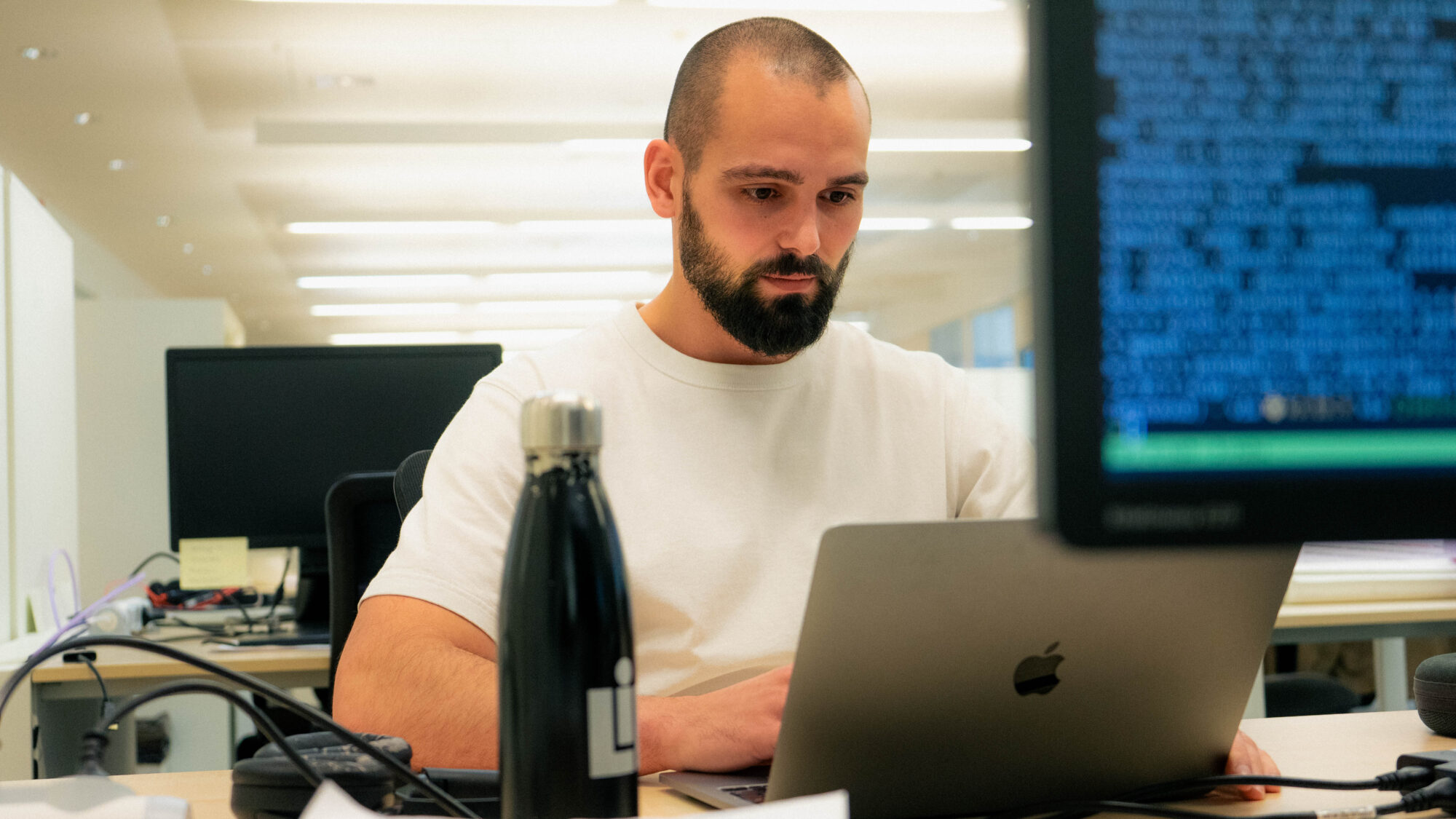The IDEAL Cluster for Indoor Air Quality and Health held its second Annual Meeting on March 25-26, 2025, in Braga, Portugal. The event aimed to enhance synergies and amplify the impact of various Horizon Europe projects focused on indoor air quality and health. This year’s meeting was hosted by the LEARN project at the International Iberian Nanotechnology Laboratory (INL), which coordinates the IDEAL Cluster from September 2024 to April 2025. The event saw the participation of around 50 researchers and R&I professionals representing seven projects and eight working groups, with additional attendees joining online. Among the on-site participants were 10 members from LEARN project partner organizations, including INL, FI Group, VUB, TU/e, MANN+HUMMEL, and NIA. They presented their advancements in air pollution sensors, in-vitro models, skin-on-a-chip, and multi-sensing approaches, along with preliminary results from cohorts at Belgian schools and notable communication activities. Key discussions and presentations covered policy recommendations on indoor air quality, data exchange practices, communication collaborations, innovative sensor developments, guidelines and standardisation efforts, and the potential creation of a global indoor air quality index. The European Commission was represented by project officer Rita Araújo from the DG for Research and Innovation, Marco Morini from the DG for Energy, […]
Read more


